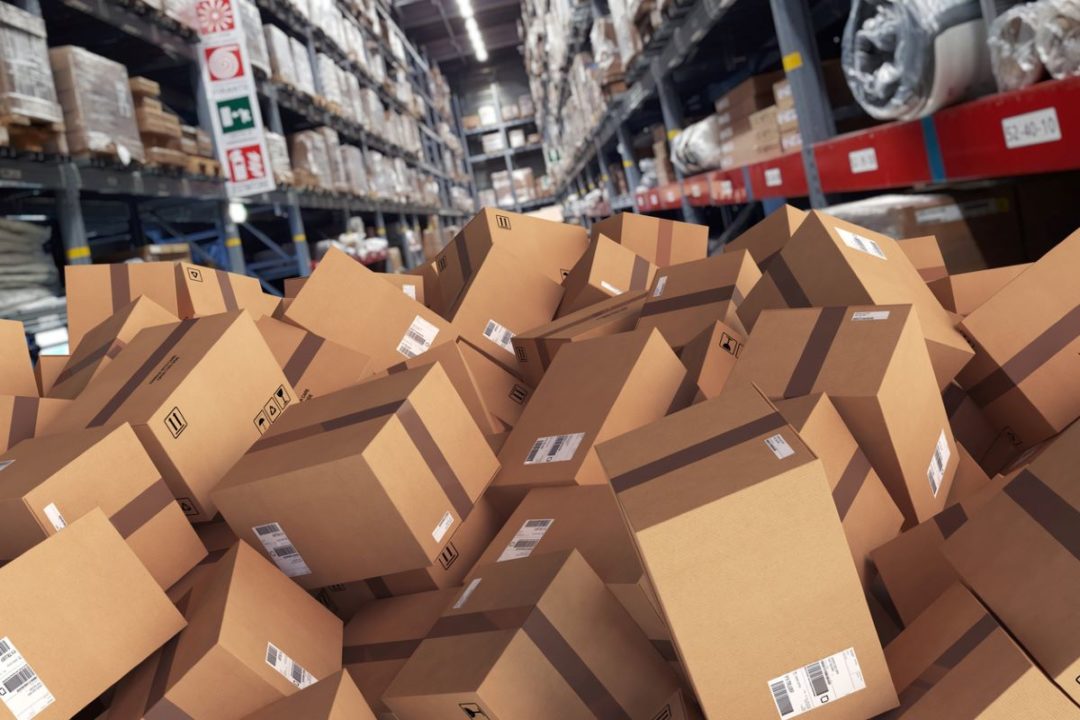
Think Tank
Expanding Supply Chain Knowledge With Materials Data in 2023

Photo: iStock.com/alphaspirit
Over the past three years, we’ve seen the emergence of two dominant themes relating to unpredictable market demand, prices and materials: the need to reduce risk, and to optimize supply chains.
SAP recently reported that more than half of U.S. companies expect supply chain issues to continue in 2023. Yet large and mid-market businesses are still unable to handle inventories to meet customer demand. They must adopt more targeted tools and resources to meet their supply chain management goals.
These findings correlate closely with industry insights that Verusen’s team found in the third quarter of 2022, when we surveyed our customers, partners and associations on how disruptions in the supply chain were impacting their decision-making. The results of our State of Supply Chain Management survey showed that nearly three-quarters of the respondents identified economic instability as the biggest challenge to business.
Additionally, survey results revealed that many companies are making agility and cost controls critical priorities — even as they seek sustainable ways to achieve these goals.
To get there, they need greater depth of knowledge. Yet for three-quarters of the executives surveyed, the existence of materials data in separate silos was cited as an obstacle to the digital transformation of materials management.
More substantial insights are needed, too, as 43% indicated that they need deeper visibility into inventory availability. By being able to share materials across their networks, they could greatly simplify the procurement process.
The overwhelming priority for executives in 2023 was to reduce supply risk for materials. So how do they get there?
The use of artificial intelligence and machine learning to optimize supply chain performance is a sure way forward. Those tools promise to help companies reduce their overall material supply risk, and avoid unplanned production outages and delays.
It comes down to the need for a more insightful way of looking at data from internal and external sources. AI software can analyze large datasets to generate smart decision-making. This enables enterprises to move forward more effectively with their digital transformation.
Following are some key areas in which AI can help companies optimize their supply chains.
- Data. AI and natural language processing incorporate critical data to learn and make decisions.
- Machine learning. Algorithms analyze large amounts of data to identify patterns and trends.
- Predictive analytics. It’s used used to forecast demand and optimize inventory levels, reducing waste and boosting efficiency.
- Collaborative platforms. They let companies share data and collaborate with supply chain partners to optimize operations and improve visibility.
- Internet of things (IoT) sensors. They track and monitor the movement of goods in the supply chain, providing real-time visibility and enabling companies to make better-informed decisions.
A recent Harvard Business Review study outlined three key areas for executives to prepare for in order to build long-term resilience in supply chains:
- Slim down product offerings, scale back product portfolios, eliminate some product lines and modify others where necessary;
- Mitigate risk to supply chains by looking at reshoring, near-shoring or getting closer to end consumers through regional hubs, and
- Invest in risk intelligence and strategic foresight with the latest AI-powered sensing technology.
It’s time to invest in new technologies. Supply chain executives should look to apply the power of AI across the enterprise through a materials management platform. They can gain control of the global supply chain and materials data in a purpose-built data platform. It’s integral to the work of procurement teams and the entire supply chain.
Paul Noble is the founder and chief executive officer of Verusen.






